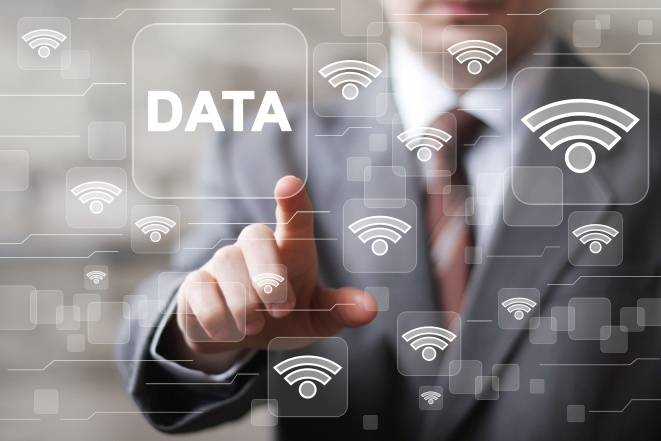A data scientist is broadly considered to be a person who gathers information/data on a large scale and uses his/her statistical, analytical, and programming knowledge to organize and identify useful insights out of the information or data. The definition of a data scientist is not universally standard due to the varied nature of the data and the different paths of analyzing a set of data. But what can be agreed upon are the skills that are considered essential for a data scientist in the 21st century digital age.
Different types of professionals can be considered as data scientists such as data analysts, business intelligence analysts, data miners/engineers, traditional statisticians, and even project managers if they possess certain skills that will help them handle big data in many different ways.
 Programming skills
Programming skills
This is considered as a basic tool required to become an able data scientist. Knowledge of at least a single programming language like python, C, etc will help those aspiring to be data scientists to write good codes that can sort out the large amounts of data received. Also, it is not entirely about deciding if python is better than C or vice versa, rather finding which tool (programming language here) will work better for analyzing a data set.
Curiosity about the field
An aspiring data scientist must have a curiosity to search, discover and analyze new information. He must also genuinely be interested in the field of data analysis that they wish to be involved in. Their curiosity must be sustainable, i.e., the data scientist’s interest in the field must be such that he is interested in the field for a long period of time.
Technical knowledge about the field of interest
Data scientists must ensure that they have some level of technical knowledge about the field that they want to analyze. This knowledge need not necessarily be acquired through formal education like a computer science degree or a business administration degree, although it would certainly help if some form of formal education in the field of interest is obtained.
Business acumen
Data scientists who wish to analyze data about a particular industry must also have knowledge of how the industry’s business works and what are its primary problems that require solving.
Communication skills
As with almost all professions, data scientists must be able to converse with team members in a professional manner as well as have the basic internet skills. Current trends indicate being a data scientist involves interacting with customers to get real-time data as well as continuously interacting with team members to analyze that data.
Specific technical skills
There are certain big data processing platforms like Hadoop for example, that need technical know-how to be used for analyzing big data. Acquiring such skills will enable a data scientist to stand out among the crowd.
Theoretical/statistical skills
Machine learning skills and proficiency in statistics/probability also are some other skills that if acquired will enable a data scientist to perform his/her work more efficiently.
REFERENCES
http://www.kdnuggets.com/2016/05/10-must-have-skills-data-scientist.html/2
http://www.kdnuggets.com/2014/11/9-must-have-skills-data-scientist.html
What is Data Science? 8 Skills That Will Get You Hired in Data



